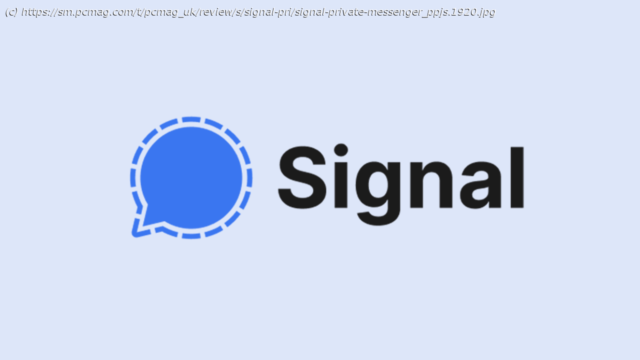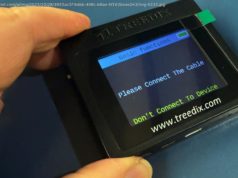Uncompromising and free end-to-end encrypted messaging for the masses
From advertisers to law enforcement, everyone is watching you online. Instead of accepting life in a fishbowl, use Signal to keep your communication private. The free, open-source app protects your calls, messages, and video chats from prying eyes and data-hungry corporations. Best of all, you can use it on all of your devices. Among the messaging services we’ve tested, Signal strikes the best balance between security, accessibility, and fun, making it our Editors’ Choice for private messaging apps.Can You Trust Signal?
There are two major differences between Signal and just about every other chat application out there.
First, it’s end-to-end encrypted (E2EE) by default. That means only you and the chat participants can read your messages. While other services like Facebook Messenger and Telegram include an E2EE option, Signal makes it mandatory. That said, Signal is built for privacy, not anonymity. Its main concern is ensuring you speak securely with only the people you intend, not hiding your identity.
Second, Signal is a 501(c)(3) non-profit organization registered in the US. Profit-driven companies need your data to serve you ads, or the businesses just sell that information to another company. That’s just not Signal’s model.
The underlying technology, called the Signal Protocol, has been evaluated by researchers and is open-source. Its core technology has also been implemented by Meta’s and Google’s messaging platforms, albeit as an option. While you might not trust those companies, they have vetted Signal’s technology and found it worthy.
An even stronger endorsement comes, ironically enough, from the FBI. In late 2021, a document emerged outlining what information the agency could legally obtain from various messaging platforms. This confirmed what Signal had long said: It can only provide the date a customer signed up for the service and the last time it was used—less information than any competitors evaluated in the FBI document. Also, because Signal does not back up messages, it resists legal and malicious attempts to access cloud backups.
That said, Signal hasn’t always had smooth sailing regarding security. In 2022, an attack on a third-party service used by Signal to verify new signups potentially revealed the phone numbers and SMS verification codes of 1,900 people. The company moved quickly to secure the data and disclose the attack, which is exactly what a company should do in this situation.Getting Started With Signal
Signal is available as an Android app and an iOS app, with companion desktop apps for Linux, macOS, and Windows. Emphasis on companion: you must still register for Signal using a mobile phone. Your Signal message history is stored locally on your devices, but you can access your old messages on desktop platforms by scanning a QR code to link your device to your computer.
Signal requires a phone number to sign up. Though the service does not store or share your phone number or collect your contact lists, I don’t love that Signal requires this type of personal information to sign up for the service.
On its website, Signal explains the phone number requirement: «Requiring phone numbers in Signal lets people see which of their friends they can easily talk to on Signal while limiting the potential for spam within the app.» It’s worth noting that competitors like Briar, Session, and Wire don’t require a phone number to sign up, though those apps aren’t as feature-packed as Signal.
How long have you had your current phone number? If it’s been a while since you’ve changed it, many people, including advertisers, scammers, and telemarketers, know your digits.






